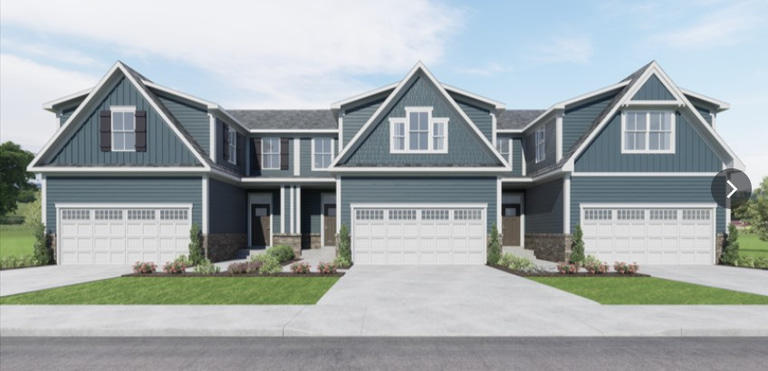
A Social Committee
The importance of having a social committee in your HOA
3/7/20253 min read


The Benefits of a Social Committee in a Homeowners Association (HOA)
A homeowners association (HOA) serves as the backbone of a community, ensuring its smooth operation and fostering a sense of harmony among residents. While many HOAs focus on maintaining property values, enforcing rules, and managing finances, the inclusion of a social committee can provide an often-overlooked but equally important benefit: building a strong, vibrant, and connected community. Here are some key advantages of having a social committee in your HOA.
1. Fosters a Sense of Community
One of the primary goals of an HOA is to create a welcoming and cohesive environment. A social committee plays a pivotal role in achieving this by organizing events and activities that bring residents together. From holiday parties and block parties to game nights and fitness classes, these gatherings encourage neighbors to interact, form friendships, and develop a sense of belonging. A strong community bond often leads to higher levels of resident satisfaction and a greater willingness to collaborate on shared goals.
2. Enhances Communication
Events hosted by a social committee provide a platform for residents to exchange ideas, voice concerns, and stay informed about community updates. This informal setting can make it easier for residents to approach HOA board members or share feedback with neighbors. Improved communication can lead to greater transparency and trust between the HOA and its members.
3. Increases Resident Engagement
When residents feel included and valued, they are more likely to participate in community activities and take an active interest in HOA matters. A social committee creates opportunities for involvement by offering diverse events tailored to different interests and demographics. Increased engagement often translates to better attendance at HOA meetings, more volunteerism, and a stronger commitment to community well-being.
4. Promotes a Positive Living Environment
A vibrant social calendar can transform a neighborhood from a collection of houses into a thriving community. Events like clean-up days, garden tours, or charity drives foster pride in the neighborhood and encourage residents to contribute to its upkeep. This positive environment not only boosts morale but can also attract new homeowners who value a close-knit community.
5. Strengthens Conflict Resolution
When neighbors know and trust each other, conflicts are less likely to escalate. Social committee activities create opportunities for residents to build rapport, making it easier to address disputes constructively. A friendly neighborhood atmosphere can significantly reduce tension and foster cooperation.
6. Supports Mental and Physical Well-being
Social connections are essential for mental health and overall well-being. A social committee’s efforts to organize events like yoga sessions, walking groups, or outdoor movie nights encourage residents to engage in healthy activities while reducing feelings of isolation. For families, children’s events such as craft workshops or sports days provide fun, safe opportunities to connect.
7. Adds Value to the Community
A socially active HOA often has higher property values because potential buyers are drawn to communities that offer more than just well-maintained homes. The presence of a social committee signals a vibrant, engaged, and harmonious neighborhood, making the community more appealing.
8. Creates Opportunities for Leadership Development
Serving on a social committee offers residents a chance to develop leadership skills, collaborate with others, and contribute to the community’s success. It can be a stepping stone for future involvement in HOA governance or other community initiatives, ensuring a pipeline of engaged and capable leaders.
Tips for Establishing a Social Committee
Define Goals: Clearly outline the committee’s purpose and the types of events it will organize.
Recruit Volunteers: Encourage residents with diverse skills and interests to join.
Plan a Calendar: Create a schedule of activities that cater to different age groups and interests.
Gather Feedback: Regularly solicit input from residents to ensure events meet their needs.
Conclusion
A social committee is more than just a group of volunteers planning events; it’s a vital component of a thriving HOA. By fostering connections, encouraging engagement, and creating a positive atmosphere, a social committee enhances the quality of life for all residents. Whether your HOA is looking to boost participation or simply create a more welcoming environment, establishing a social committee is a step in the right direction.
